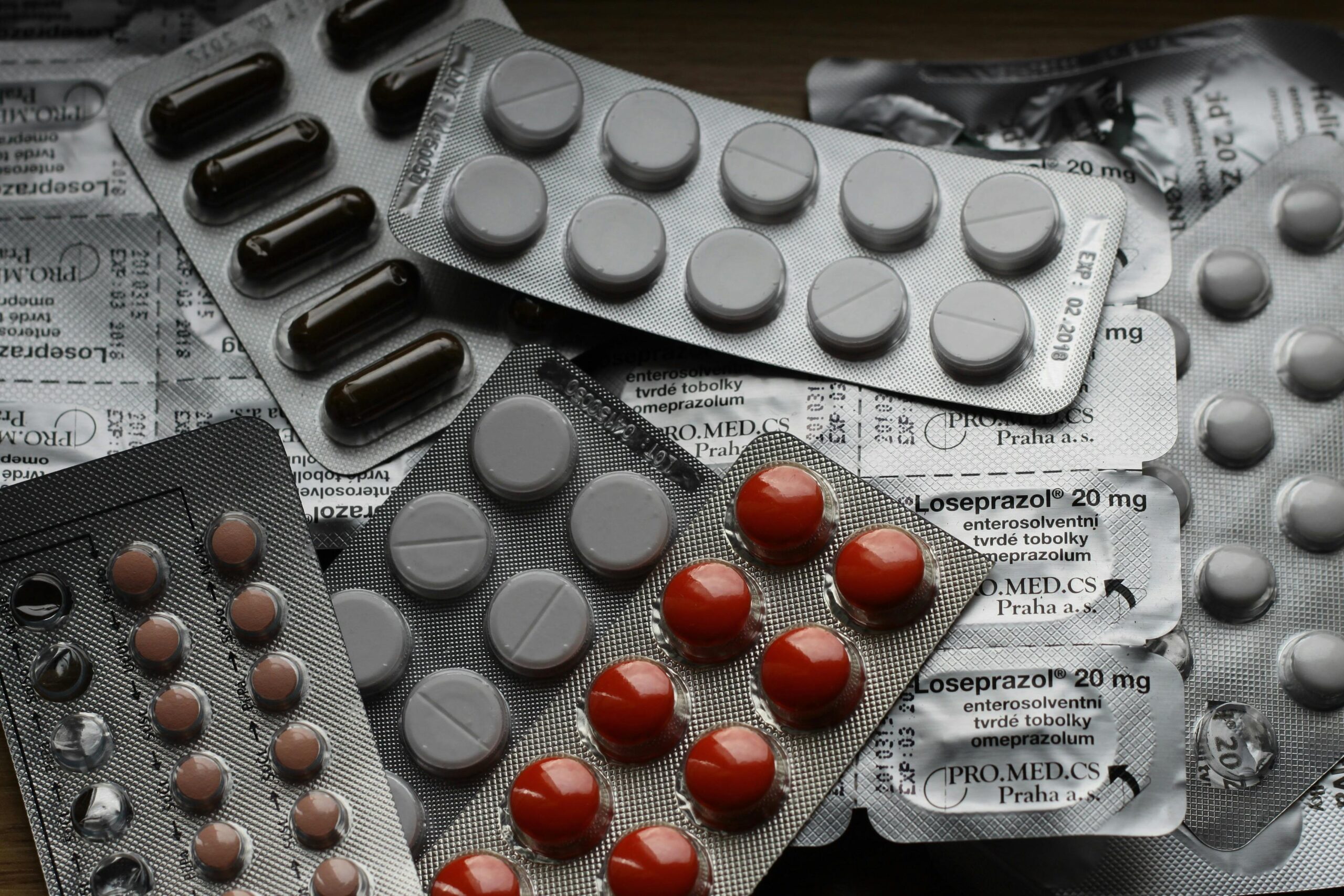In the fast-paced world of the 21st century, maintaining optimal liver health has never been more crucial. As our lifestyles become increasingly hectic and our diets more processed, the burden on our livers has intensified. From detoxification to metabolism, the liver plays a central role in keeping our bodies functioning smoothly. In this comprehensive guide, we explore the importance of liver health in 2024 and offer practical tips for nurturing this vital organ.
Understanding Liver Health: The liver is a powerhouse of the body, performing a myriad of essential functions to keep us healthy and thriving. From filtering toxins and metabolizing nutrients to producing bile for digestion, its role cannot be overstated. However, factors such as poor diet, excessive alcohol consumption, and sedentary lifestyles can place undue stress on the liver, leading to a range of health issues. Maintaining optimal liver health is therefore essential for overall well-being and longevity.
The Impact of Diet on Liver Health: Diet plays a fundamental role in liver health, with certain foods promoting detoxification and others placing strain on the liver. A diet rich in fruits, vegetables, whole grains, and lean proteins provides essential nutrients and antioxidants to support liver function. Conversely, excessive consumption of processed foods, sugary beverages, and saturated fats can contribute to fatty liver disease and other liver disorders. By adopting a balanced and nutritious diet, we can help safeguard the health of our livers for years to come.
The Role of Exercise in Liver Health: Regular physical activity is not only beneficial for cardiovascular health but also plays a crucial role in supporting liver function. Exercise helps improve insulin sensitivity, reduce inflammation, and promote weight loss, all of which are key factors in maintaining optimal liver health. Incorporating aerobic exercise, strength training, and flexibility exercises into your routine can help keep your liver in top condition and reduce the risk of liver-related diseases.
Hydration and Liver Health: Proper hydration is essential for liver health, as water helps flush toxins from the body and supports the liver’s detoxification processes. Dehydration can impair liver function and lead to a buildup of toxins in the body, increasing the risk of liver damage. Aim to drink plenty of water throughout the day, and limit consumption of sugary drinks and alcohol, which can dehydrate the body and place additional strain on the liver.
Supplements for Liver Health: In addition to a healthy diet and lifestyle, certain supplements may also support liver health. Milk thistle, for example, has long been used as a natural remedy for liver conditions due to its antioxidant and anti-inflammatory properties. Other supplements such as turmeric, dandelion root, and N-acetylcysteine (NAC) may also offer benefits for liver health. However, it’s essential to consult with a healthcare professional before starting any new supplements, especially if you have existing liver issues or are taking medications.
Alcohol and Liver Health: Excessive alcohol consumption is one of the leading causes of liver damage and disease worldwide. Alcohol is metabolized by the liver, and chronic alcohol abuse can lead to fatty liver disease, alcoholic hepatitis, and cirrhosis. To protect your liver health, it’s important to consume alcohol in moderation or abstain altogether. If you choose to drink, do so responsibly and be mindful of your limits to avoid putting undue strain on your liver.
Liver Health Screening and Monitoring: Regular liver health screenings are crucial for early detection and prevention of liver diseases. Blood tests such as liver function tests (LFTs) can assess the health of your liver by measuring levels of enzymes and proteins associated with liver function. Additionally, imaging tests such as ultrasound or MRI may be used to evaluate the structure and condition of the liver. By staying proactive about monitoring your liver health, you can address any issues early on and take steps to protect your liver from further damage.
Conclusion: In 2024, prioritizing liver health is more important than ever in maintaining overall well-being. By adopting a balanced diet, staying physically active, staying hydrated, and avoiding excessive alcohol consumption, you can support your liver in performing its vital functions. Incorporating liver-friendly supplements and undergoing regular screenings can further help safeguard against liver disease. With mindful lifestyle choices and proactive healthcare, we can nurture our livers and enjoy vibrant health for years to come.



